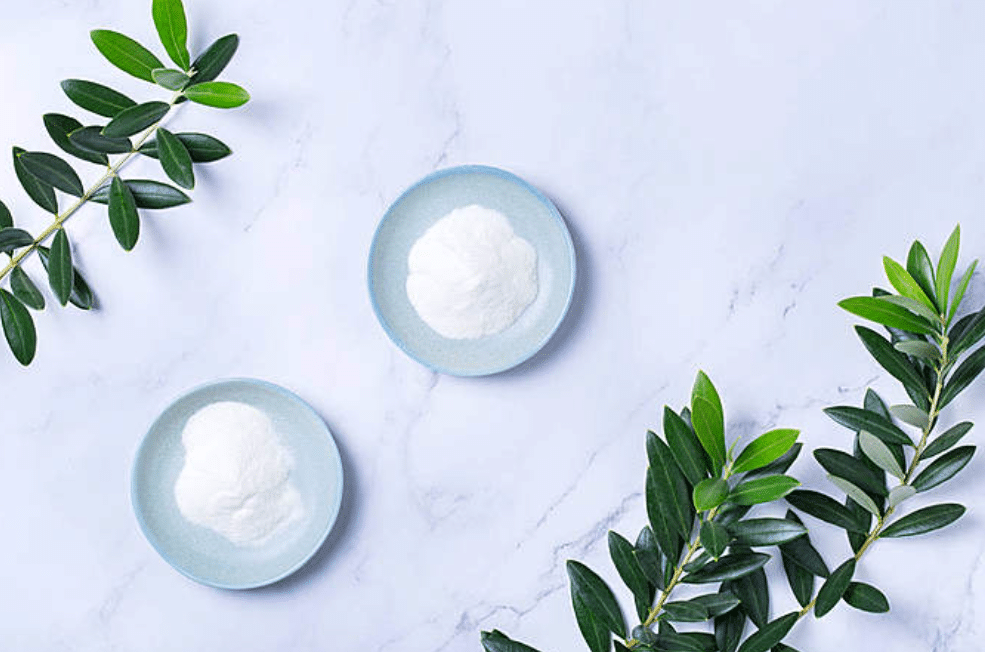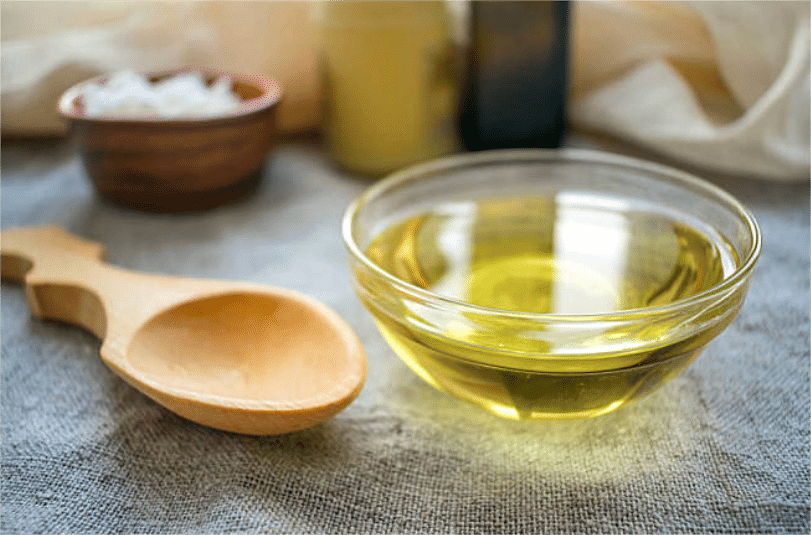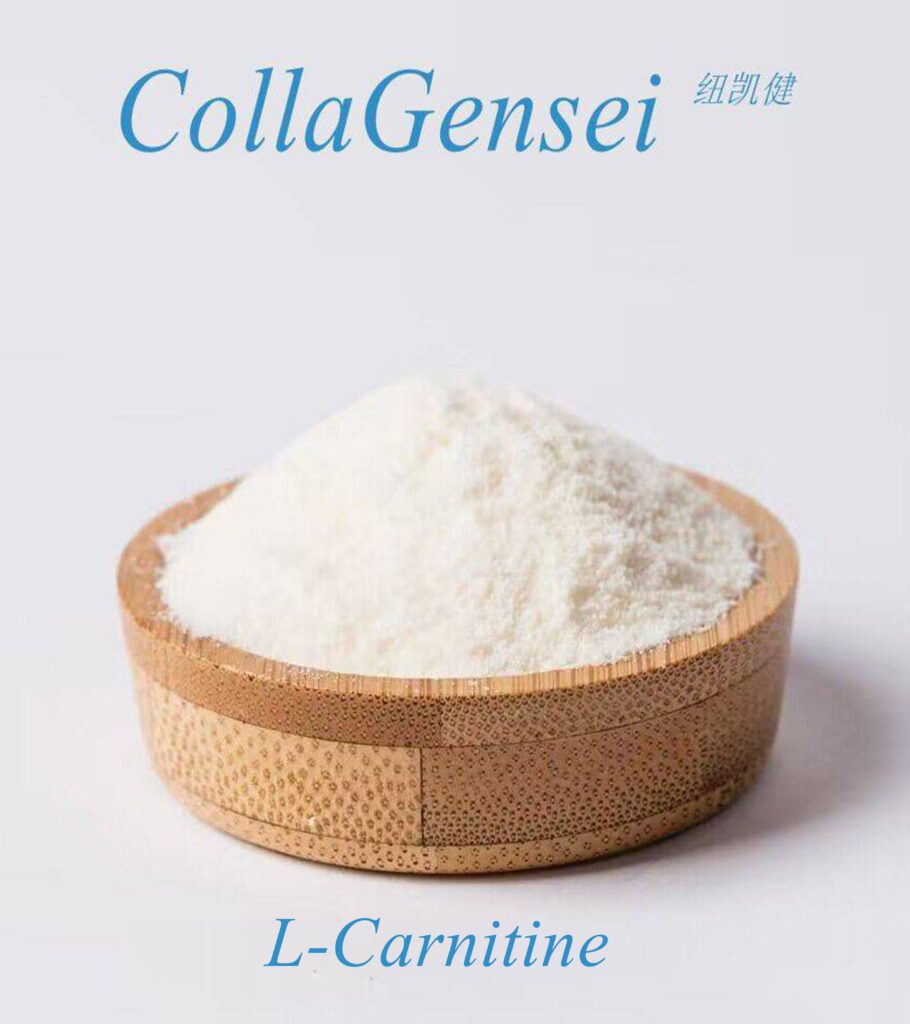When it comes to health supplements, two popular options that often come up are evening primrose oil and gelatin. Both have their unique benefits, applications, and nutritional profiles. In this article, we’ll explore these two substances, comparing their properties, benefits, uses, and any potential drawbacks.

Overview of Evening Primrose Oil
Evening primrose oil is derived from the seeds of the evening primrose plant (Oenothera biennis). This oil is rich in gamma-linolenic acid (GLA), an omega-6 fatty acid known for its anti-inflammatory properties. It has been used traditionally to help with a variety of health issues.
Nutritional Profile:
Evening primrose oil typically contains around 8-10% GLA, which is thought to have numerous health benefits. It also contains other fatty acids, including linoleic acid and oleic acid.
Health Benefits:
- Hormonal Balance: Evening primrose oil is often used to alleviate symptoms of premenstrual syndrome (PMS) and menopause. The GLA in the oil helps balance hormones and may reduce mood swings and discomfort.
- Skin Health: Many people use evening primrose oil for its skin benefits. It can help manage conditions like eczema and psoriasis due to its anti-inflammatory properties.
- Joint Health: GLA may help reduce symptoms of rheumatoid arthritis and other joint conditions by decreasing inflammation.
- Heart Health: Some studies suggest that evening primrose oil may contribute to cardiovascular health by improving cholesterol levels and lowering blood pressure.
Overview of Gelatin
Gelatin is a protein derived from collagen, a substance found in animal connective tissues. It’s commonly used in food products, pharmaceuticals, and cosmetics. Gelatin is available in powder or sheet form and is popular for its gelling properties.
Nutritional Profile:
Gelatin is primarily composed of proteins, with a rich amino acid profile that includes glycine and proline. However, it is low in some essential amino acids, so it may not be a complete protein source.
Health Benefits:
- Joint Health: Gelatin is known for supporting joint health. The amino acids in gelatin can help repair cartilage and may reduce joint pain, particularly in osteoarthritis.
- Digestive Health: Gelatin can aid in digestion by promoting the production of gastric juices, which helps break down food.
- Skin Health: Similar to evening primrose oil, gelatin is also beneficial for skin health. It can improve skin elasticity and hydration due to its collagen content.
- Bone Health: The amino acids in gelatin can support bone density and health, making it a good option for individuals concerned about osteoporosis.
Comparison of Uses
Evening Primrose Oil:
– Typically taken in capsule form.
– Commonly used for hormonal balance, skin conditions, and inflammation.
– Often recommended for women’s health issues.
Gelatin:
– Available as a powder or sheets and can be added to various foods or drinks.
– Used in cooking (e.g., jellies, desserts) and supplements.
– Good for joint health, digestion, and skin improvement.
Potential Drawbacks
Evening Primrose Oil:
– May cause mild side effects such as gastrointestinal upset or headaches in some individuals.
– Pregnant or breastfeeding women should consult a doctor before using it.
– Some people may experience allergic reactions.
Gelatin:
– It is derived from animal sources, so it’s not suitable for vegetarians or vegans.
– May cause digestive issues for some people, particularly in large amounts.
– Allergies to gelatin are rare but can occur.
Conclusion
Both evening primrose oil and gelatin offer a range of health benefits, but they cater to different needs. Evening primrose oil is particularly beneficial for hormonal balance and skin health, while gelatin shines in joint support and digestive health.
When choosing between the two, consider your health goals and dietary preferences. If you’re looking for hormonal support, evening primrose oil may be the better choice. However, if you’re focused on joint and digestive health, gelatin could be more suitable.
Incorporating both into your diet could provide complementary benefits. Always consult with a healthcare professional before starting any new supplement to ensure it aligns with your individual health needs.



